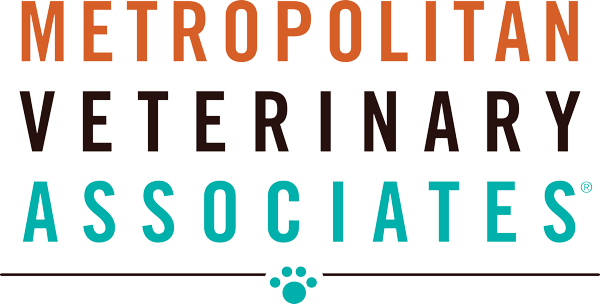Unfortunately, pets ingest toxins frequently and depending on the type and amount of toxin, the signs can be minimal to very severe and life-threatening. If your pet does ingest a known toxin, it is important to have your pet evaluated by a veterinarian and to bring along any information that you have regarding what was ingested. Knowing both the type and amount of toxin is very important to help determine what, if any significant signs will arise. Unfortunately for most toxins there is no specific antidote and most of the treatment relies on early intervention, decontamination (removing/binding the substance), supportive care (hospitalization, GI protective medications, intravenous fluids) and monitoring of various organ parameters.
Specific treatments include inducing vomiting if the toxin was recently ingested and giving your pet a dose or doses of activated charcoal. Activated charcoal is a substance that will help bind various toxins in the GI tract and prevent further absorption. Both treatments are important to help reduce the dose, severity, and duration of any clinical signs.
One of many poisons to your pet is rat poison or rodenticide. There are several different types of rat/mouse poison that are available. Unfortunately, all types are toxic to your pets. One of the most common types is Coumadin based (vitamin K antagonist), which acts on the coagulation system and prevents the body from clotting blood effectively. If ingested this can cause significant bleeding which can manifest as lethargy, collapse, bloody vomit or stool, or difficulty breathing (bleeding into the lungs or thoracic cavity).
Typically, clinical signs/bleeding occur 48 hours (about 2 days) after ingestion. This delay is due to the reserve of clotting factors in the body, but early decontamination and treatment is paramount in preventing significant clinical signs. Vitamin K1 is the mainstay of treatment and is used for several weeks to counteract the action of the rat poison. If bleeding does occur, then hospitalization for blood and plasma transfusions are typically necessary. The prognosis is often very good especially if ingestion is caught early, but if left untreated then rat poison can be fatal. There are several other types of rat/mouse poison that can result in brain swelling or kidney injury, so it is very important that if your pet ingests a poison that the box or label be brought in so that the active ingredients are known and allow for proper treatment.
If you are concerned that your pet may have ingested a toxic substance you should contact your veterinarian or the ASPCA Animal Poison Control (800-548-2423) to determine if the amount ingested is toxic or will cause any significant problems. The ASPCA poison control website has a plethora of information about toxins.
More information is available at https://www.aspca.org/pet-care/animal-poison-control.
